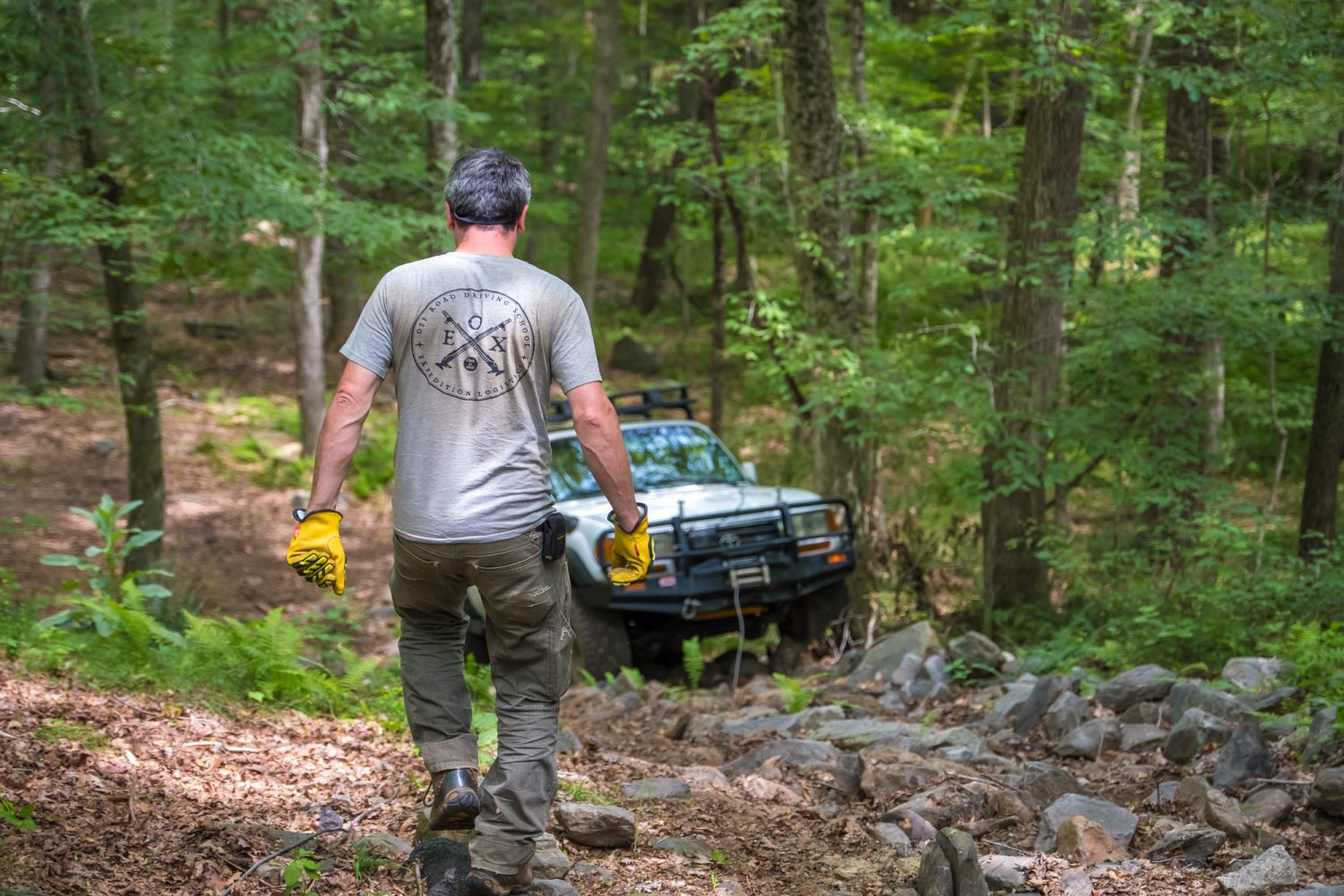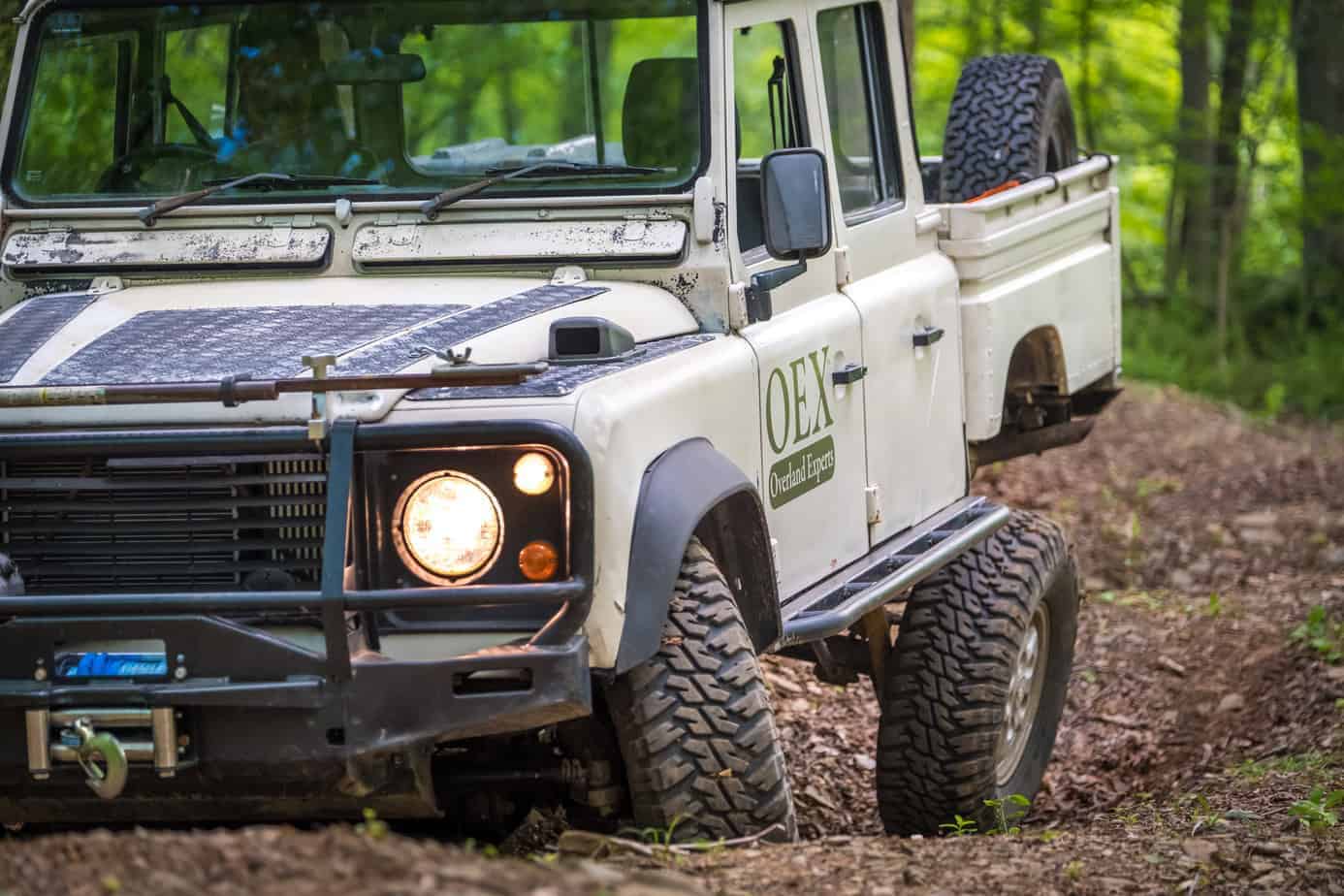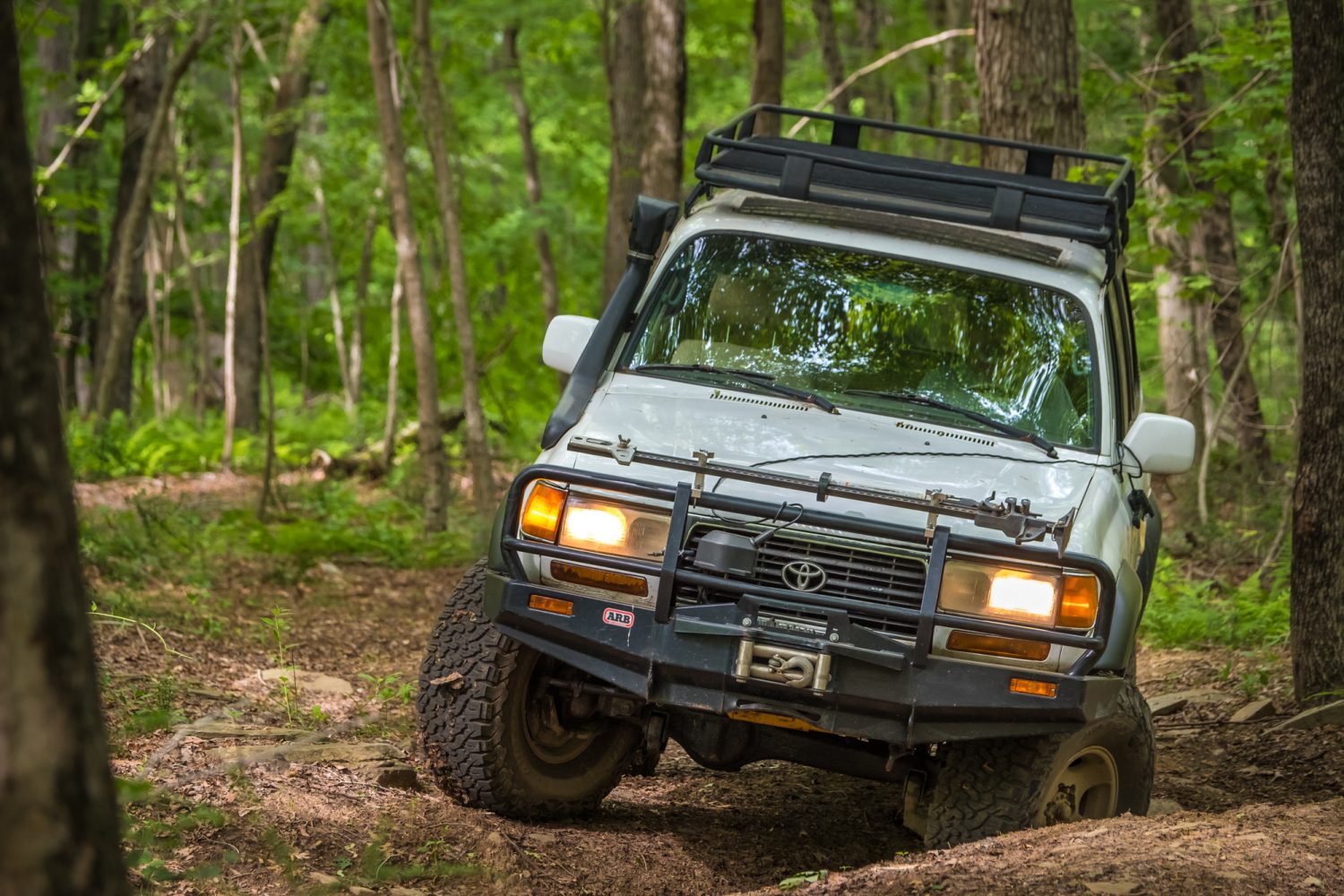Here at Expedition Portal, we talk a lot about how to make your four-wheel drive more capable and reliable for the road ahead. After all, these vehicles are often our only way into and out of the remote locations we love, so it makes sense that we’d want to purchase parts that help them perform more effectively. Despite how useful many of these products are though, there’s one investment which can improve your vehicle’s performance more than any modification on the market, and it’s probably the last thing on your list: training.
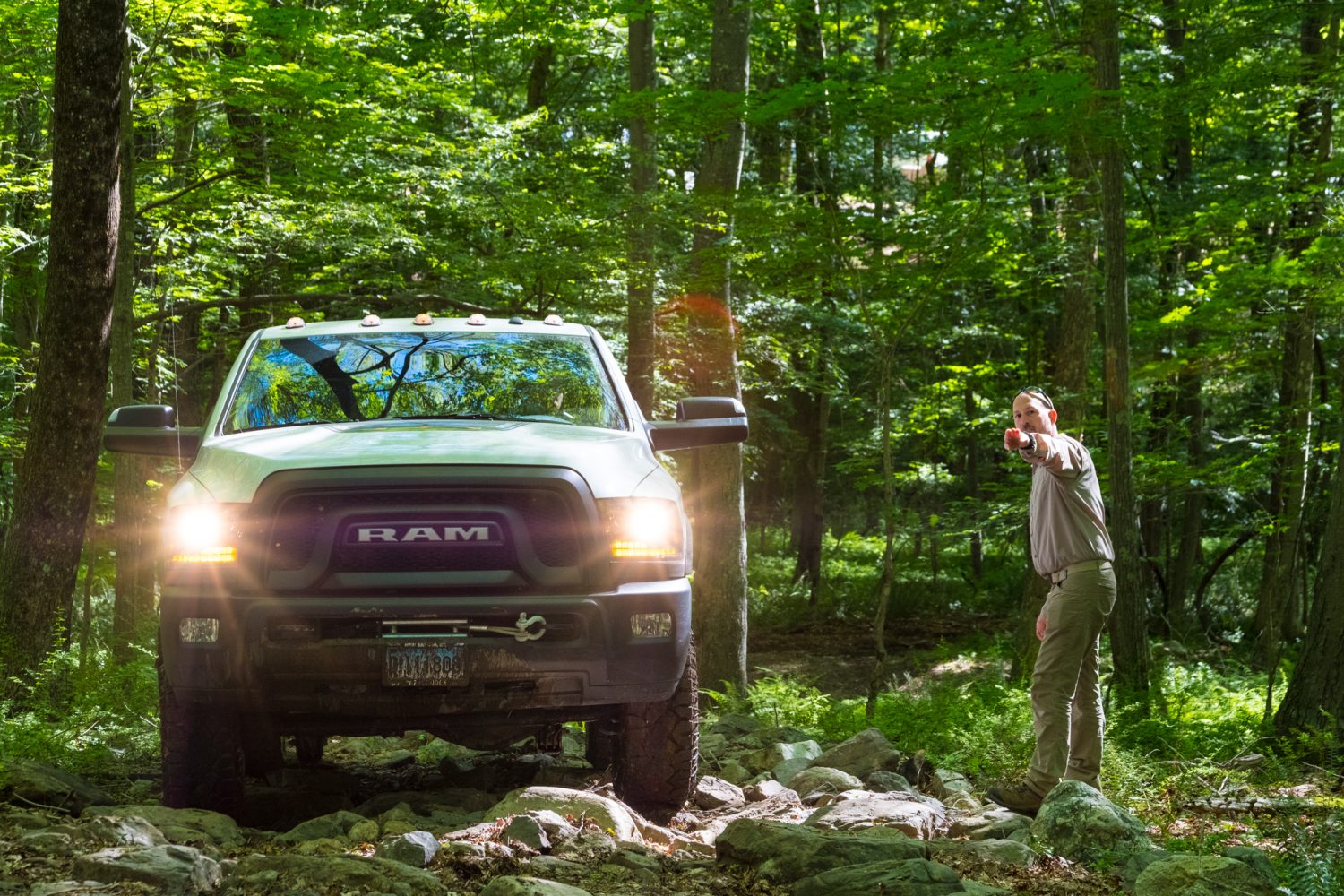
I know, I know, you’ve been driving off-road since before I was born, and you don’t need no stinkin’ training right? Well, I would disagree, and so would most of the industry’s leading experts. Regardless of your age or experience level, proper four-wheel drive training will help you take your vehicle further, and with a greater degree of safety than most people think possible. The question shouldn’t be if you should train, but with whom. There are certainly many good options out there, but few come with as much praise or recommendation as Overland Experts. With clients ranging from businesses like National Geographic and IMAX, to the military, United Nations, NGO’s, and of course enthusiasts like us, it begs the question, what makes them so different? I decided to visit Connecticut to find out.
The OEX Difference
When I stepped into the small red barn nestled in the woods near Hadlyme, I wasn’t really sure what to expect. A model four-wheel drive sat by a rock on a table, doors and body panels from various unimportable vehicles lay stashed in the back, and a big Overland Experts banner hung on the wall. What stood out most were the handmade plaques and signs—mementos given to OEX by former students who had bonded with the staff and left with a deep appreciation for their newfound abilities. The whole place felt a little like a clubhouse, and I definitely wanted to join.
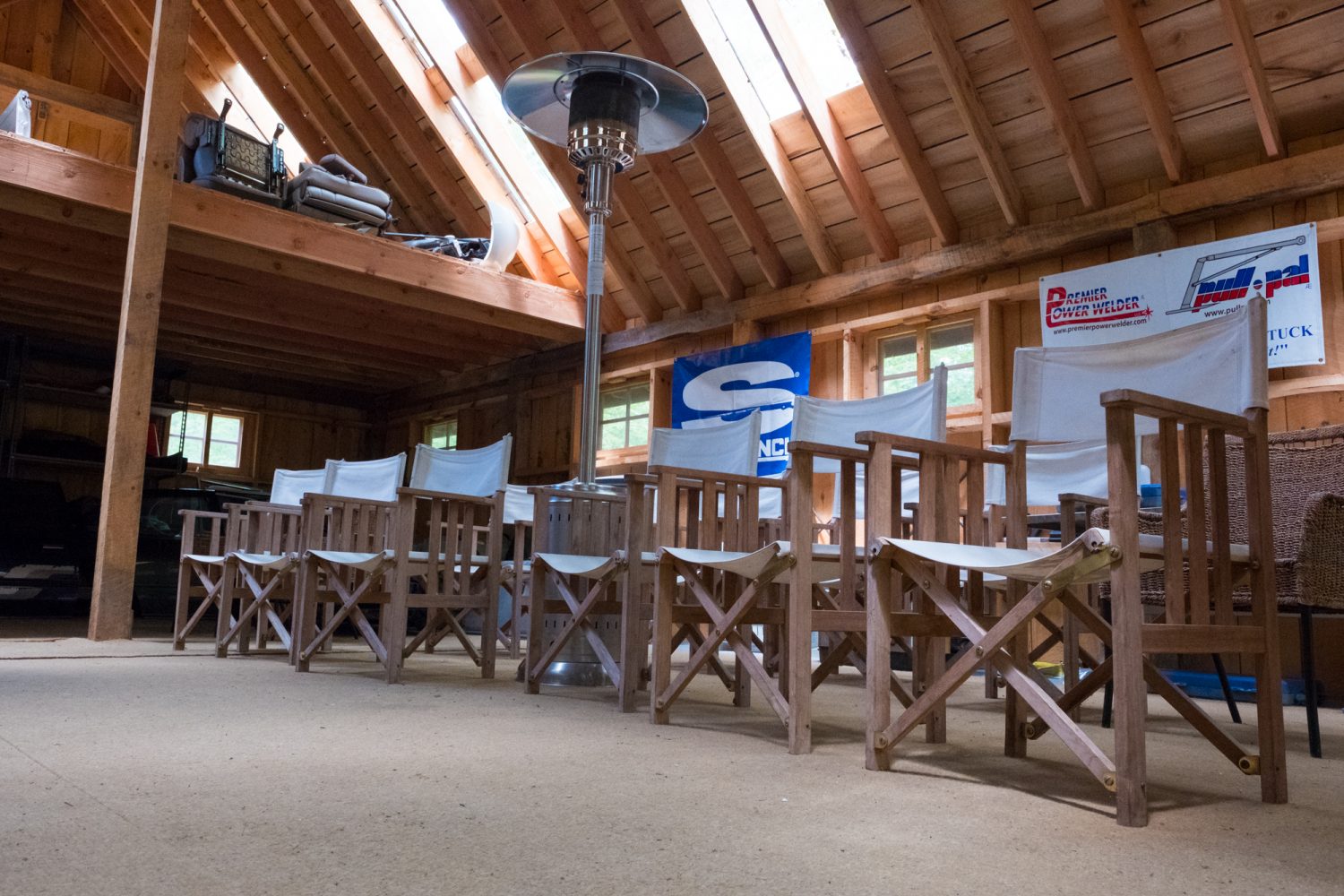
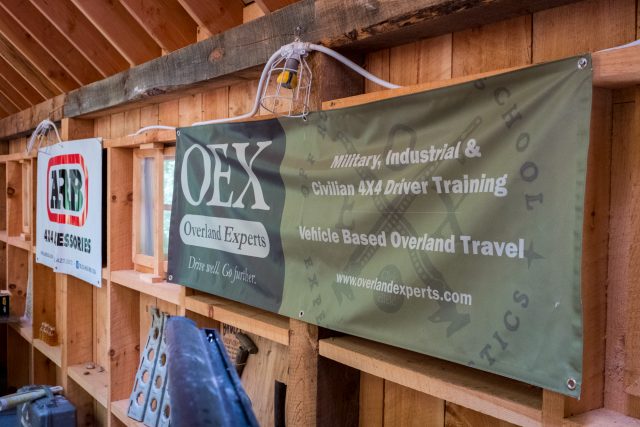
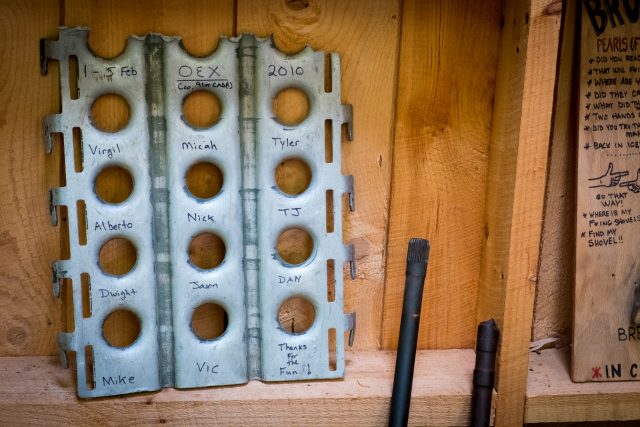
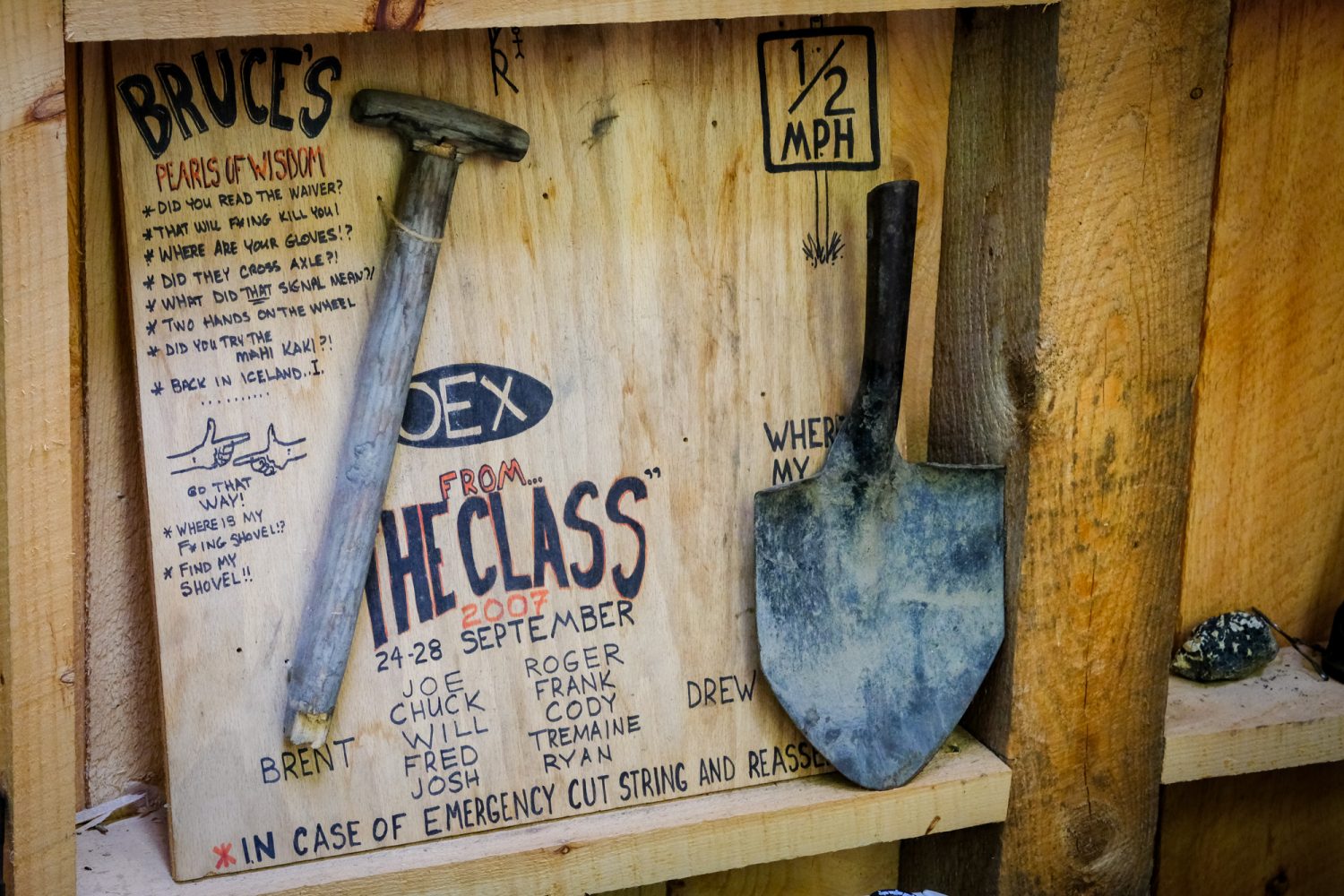
I was soon greeted by the smiling faces of Erik Eisensmith, Overland Expert’s Director of Training, and Don Gerlach, my instructor for the next 5 days. Each of them has enough four-wheel drive experience to make me look like an utter novice, but you wouldn’t know it based on their humility and casual attitudes. As we sat on the porch discussing the week’s plans and enjoying our hot coffee, I began to dig a little bit into what makes OEX different. What I found was a complex answer, but it begins with two factors: their team’s experience and standardized curriculum.
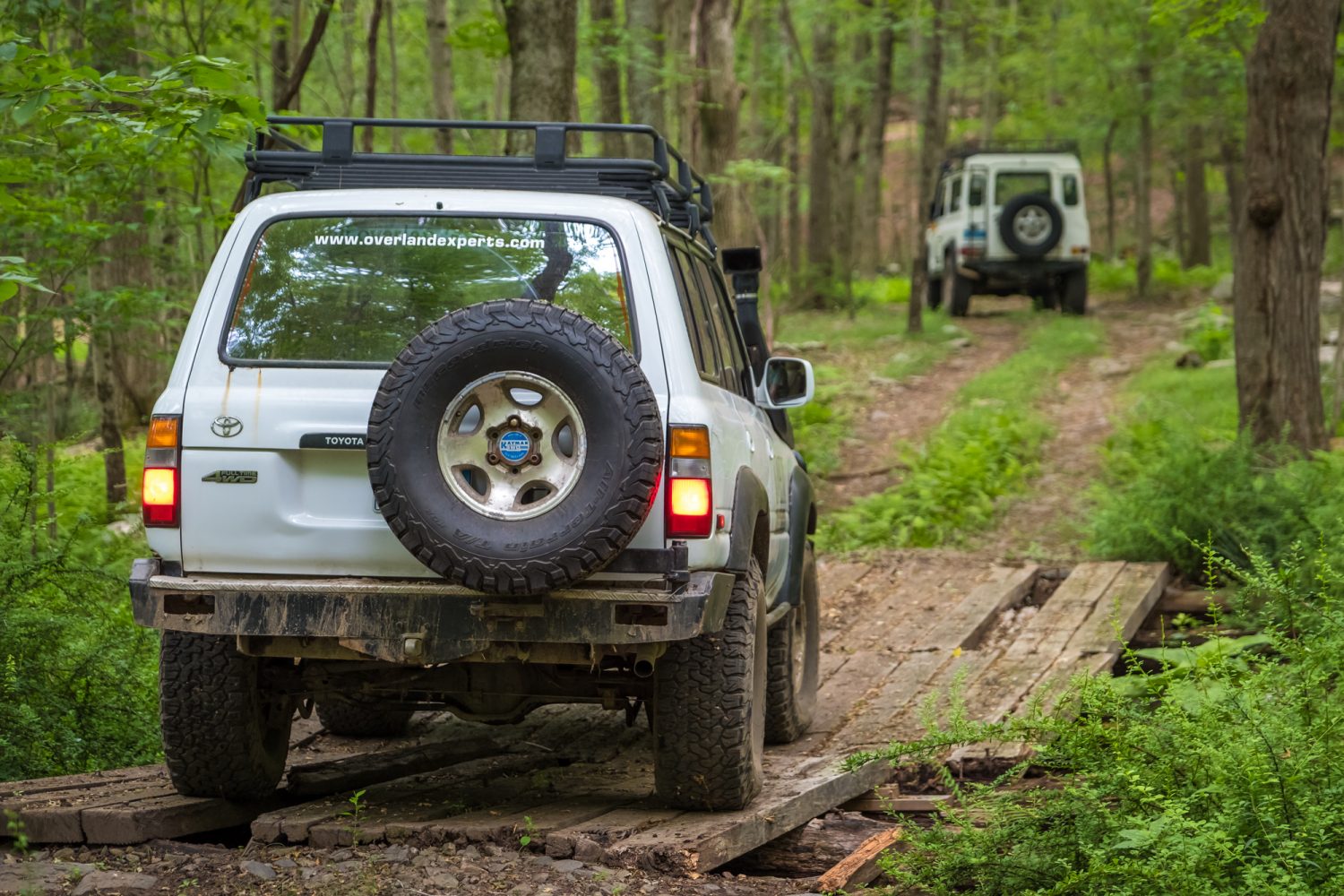
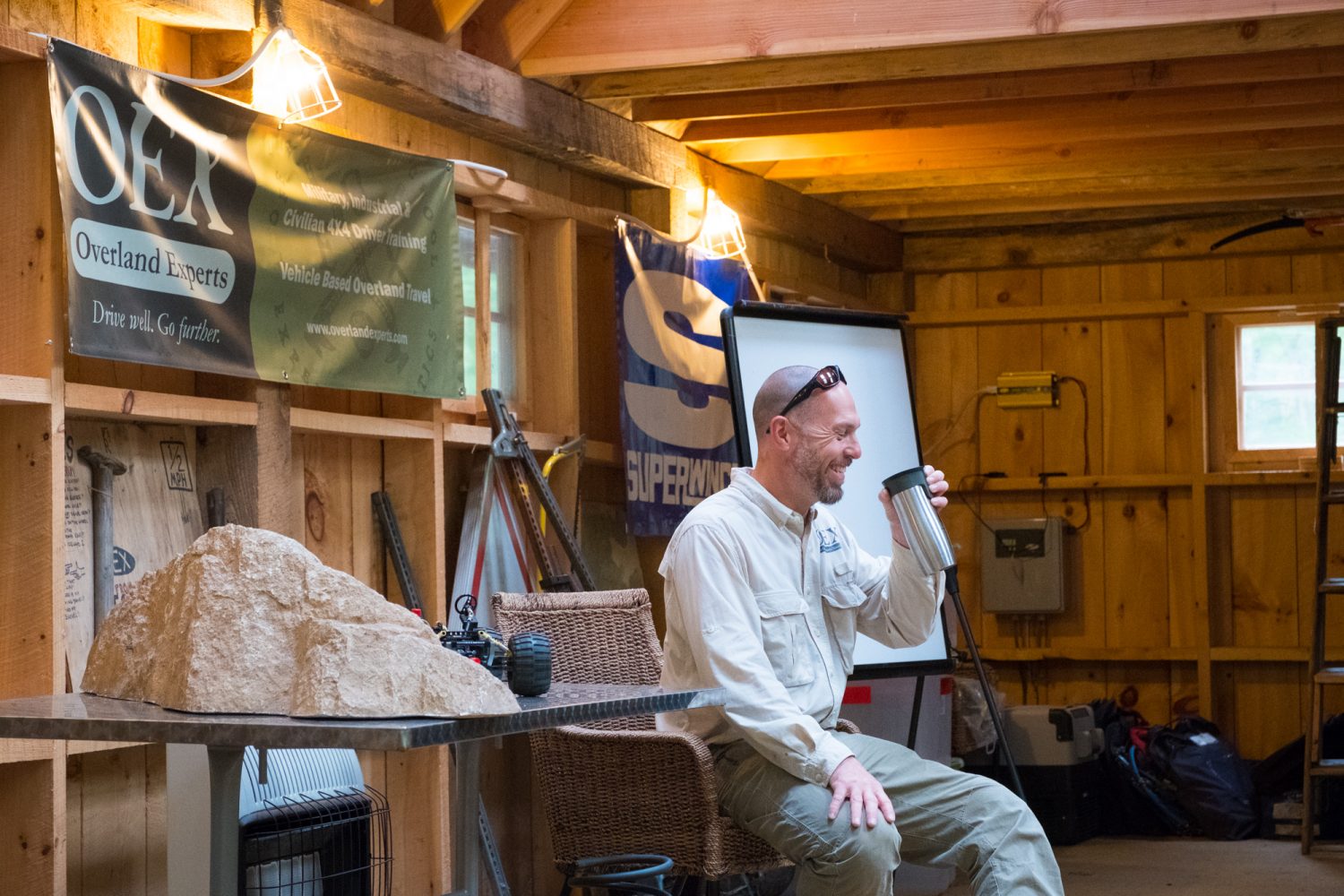
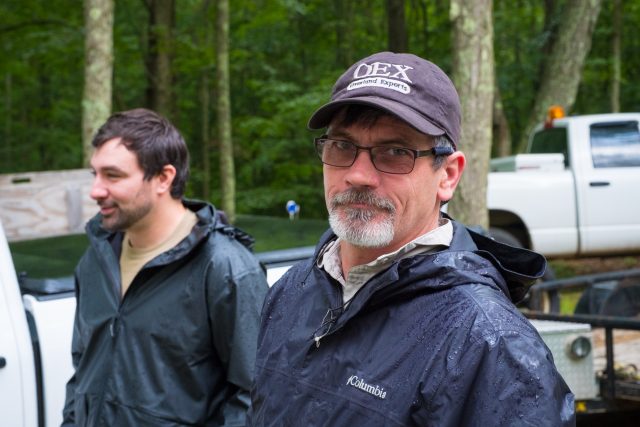
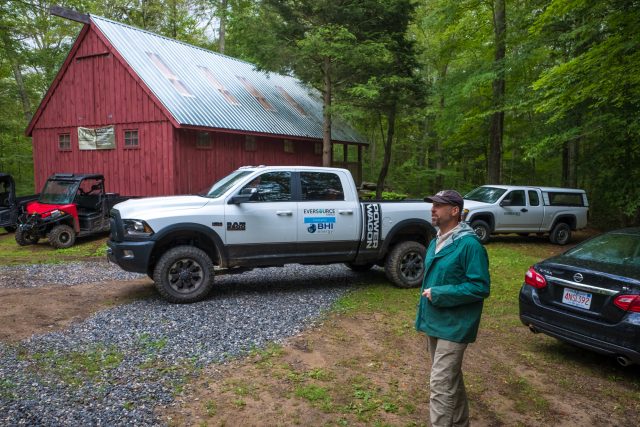
Bruce Elfstrom, the company’s founder, was born to parents hailing from two different nations: his mother was a UN and freelance journalist from Sweden, his father a documentary filmmaker from the United States. He drove his first four-wheel drive at the age of 9 in Maine, was rolling through Beirut and the Bekaa Valley of Lebanon in a Range Rover with a 70mm roof-mounted gun by 13, and was operating vehicles around Libya’s back door at age 20. This strong base of overland experience only grew during his professional life as a biologist, where he gained a reputation for coordinating expeditions, leading field research, and keeping a cool head in tense situations. By the time Bruce founded Overland Experts in 1998, he had accumulated more off-road seat time than most industry experts do in their entire lives, and he used that experience to form the backbone of his company’s lessons, but that was just the beginning.
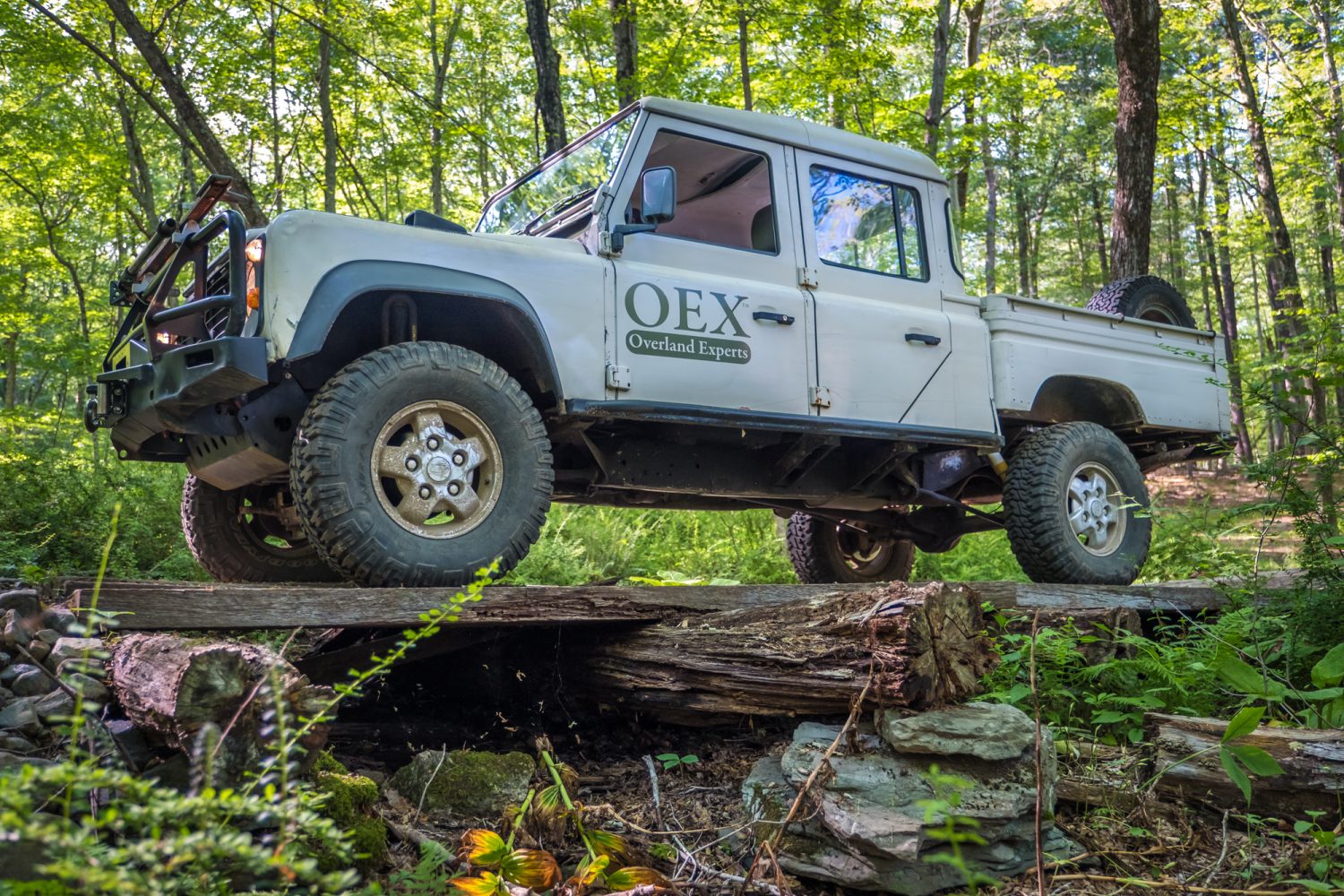
You see, Bruce and his team knew that if every student were to receive the best possible training, then every instructor would need to be teaching the same material, otherwise there would be no way to guarantee that a student working with their staff in the Carolinas would receive the same high-quality experience as one working with their team in Connecticut. Thus, their idea for a universal curriculum was born.
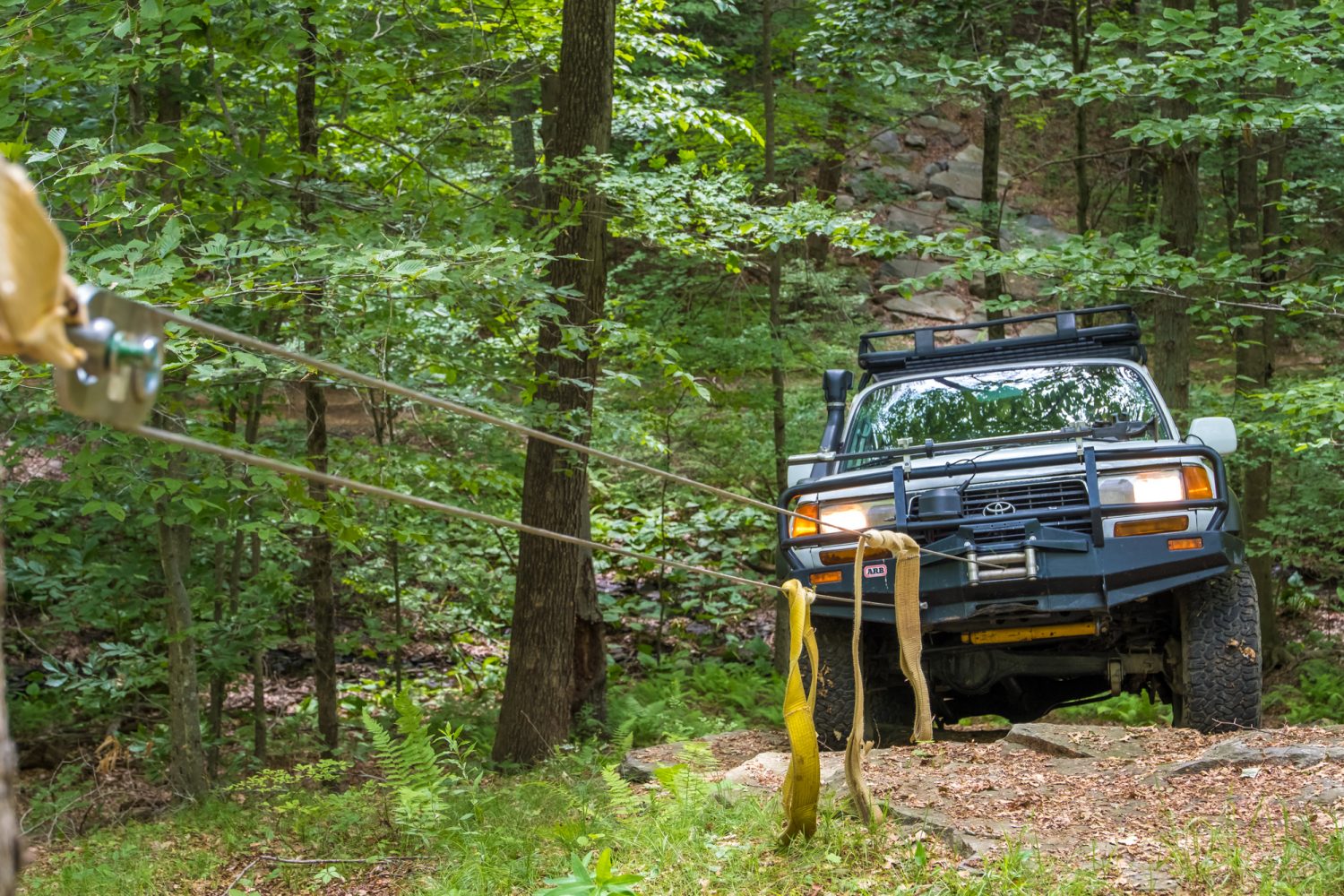
After that, Bruce and his staff broke down the art of four-wheel drive travel to a science, and in the process created a specific and repeatable formula to teach people how to operate their vehicles more effectively, with greater safety, and with less stress on their components. While each training session would be adapted to fit the client’s learning style, the core tenets would remain the same, helping them to progress quickly while still retaining what they’ve learned.
When combined with one of North America’s most diverse and extensive fleets of training vehicles, a staff of the best instructors, and multiple training grounds across the country, you begin to understand why OEX is regarded as one of the best. Of course, we weren’t there to take anybody’s word for it. I wanted to find out how good their team was firsthand, and I wasn’t going to make it easy on them.
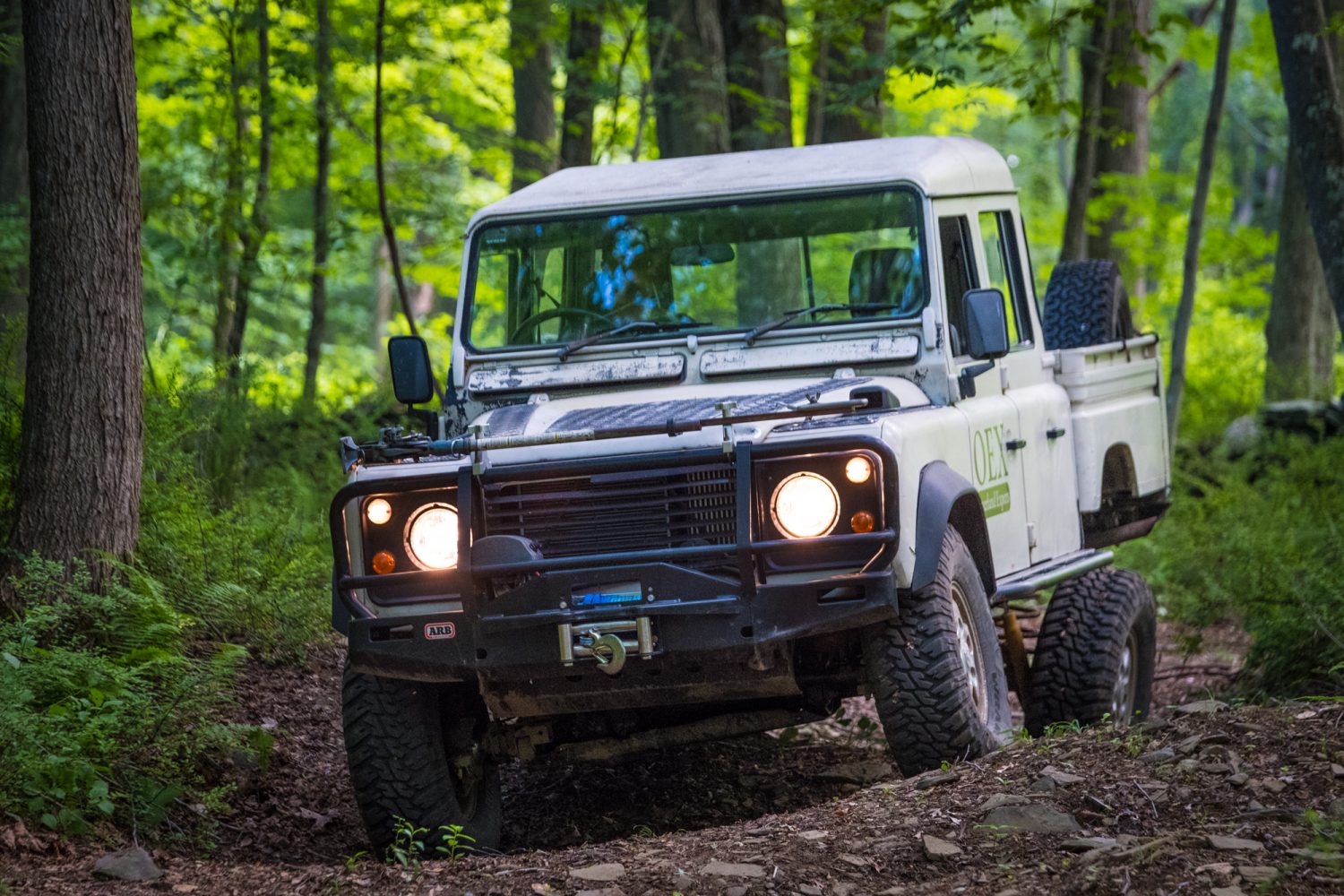
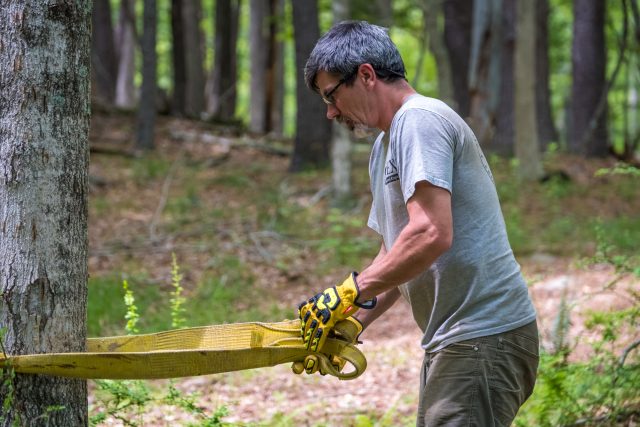
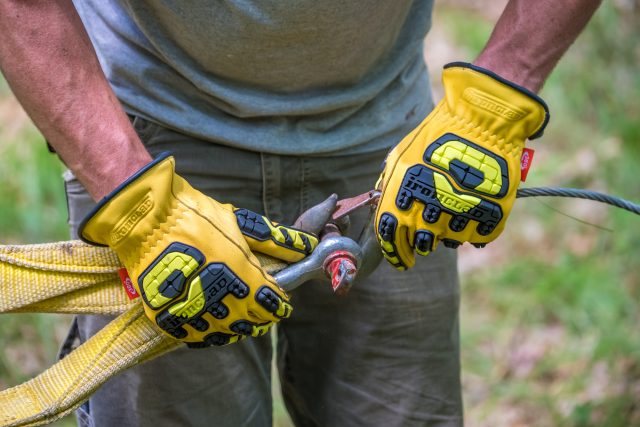
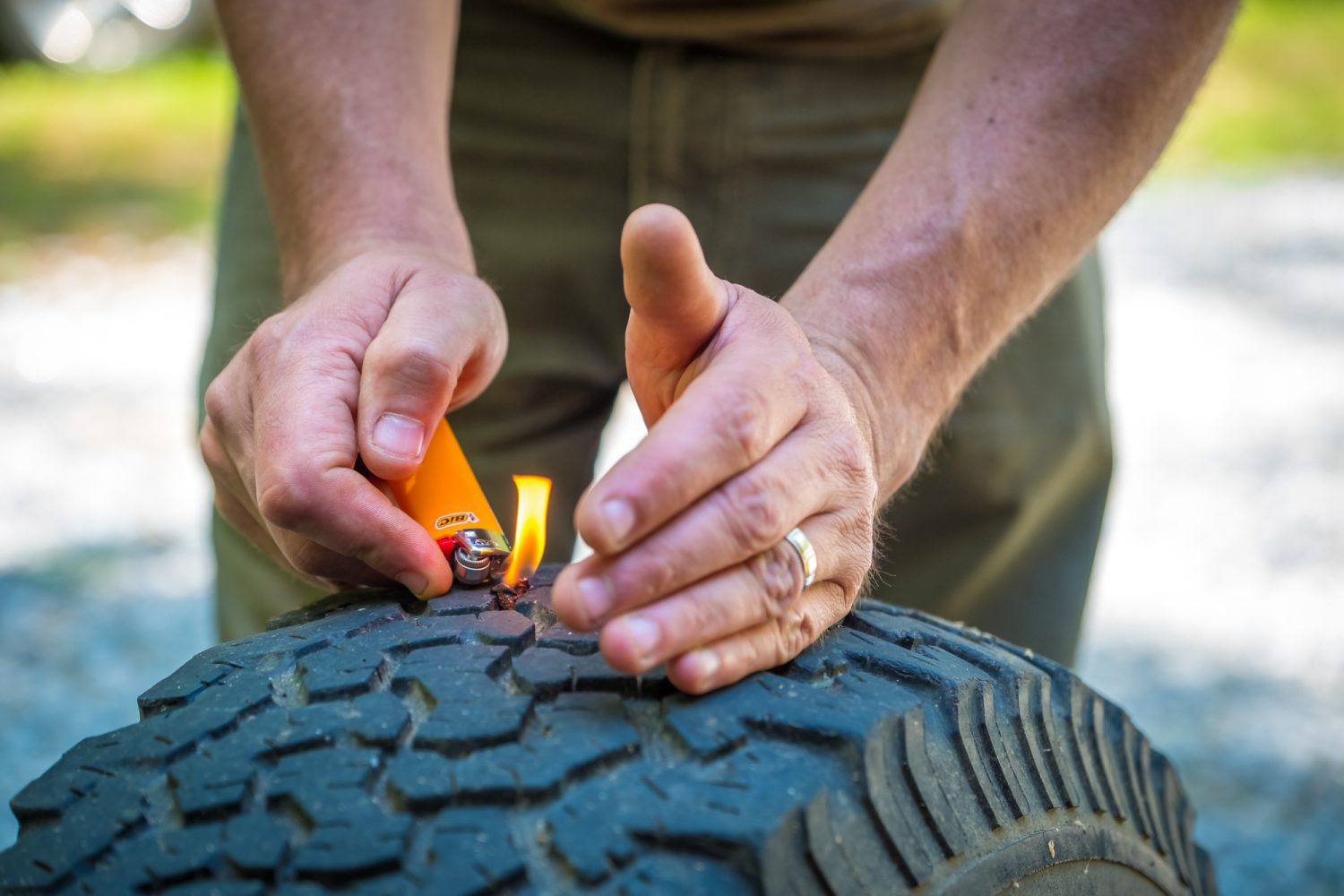
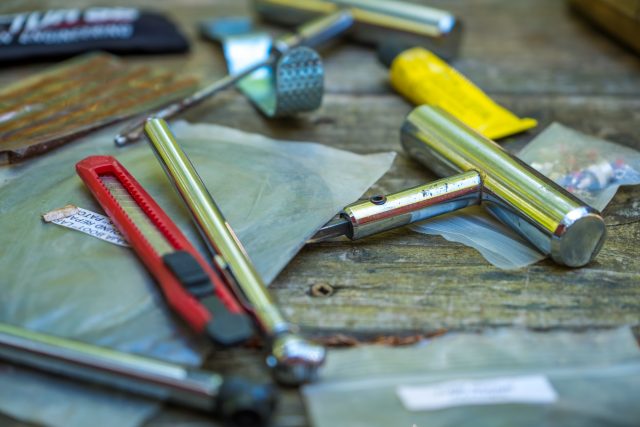
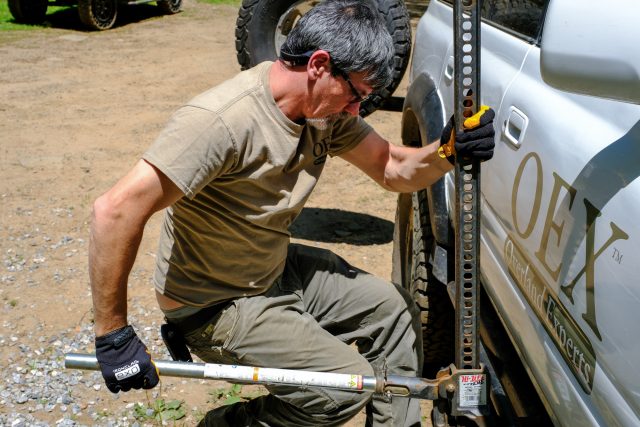
My Experience With OEX
Unlike most enthusiasts who visit Overland Experts to train for a certain trip or in a specific vehicle, the purpose of my training was much harder to define. I wanted to get a taste of everything, from their wide array of exotic four-wheel drives to their commercial and enthusiast lesson plans. Despite these challenges, Erik and Don didn’t hesitate when structuring my course for the week, and by the time we had finished our coffees the work had begun.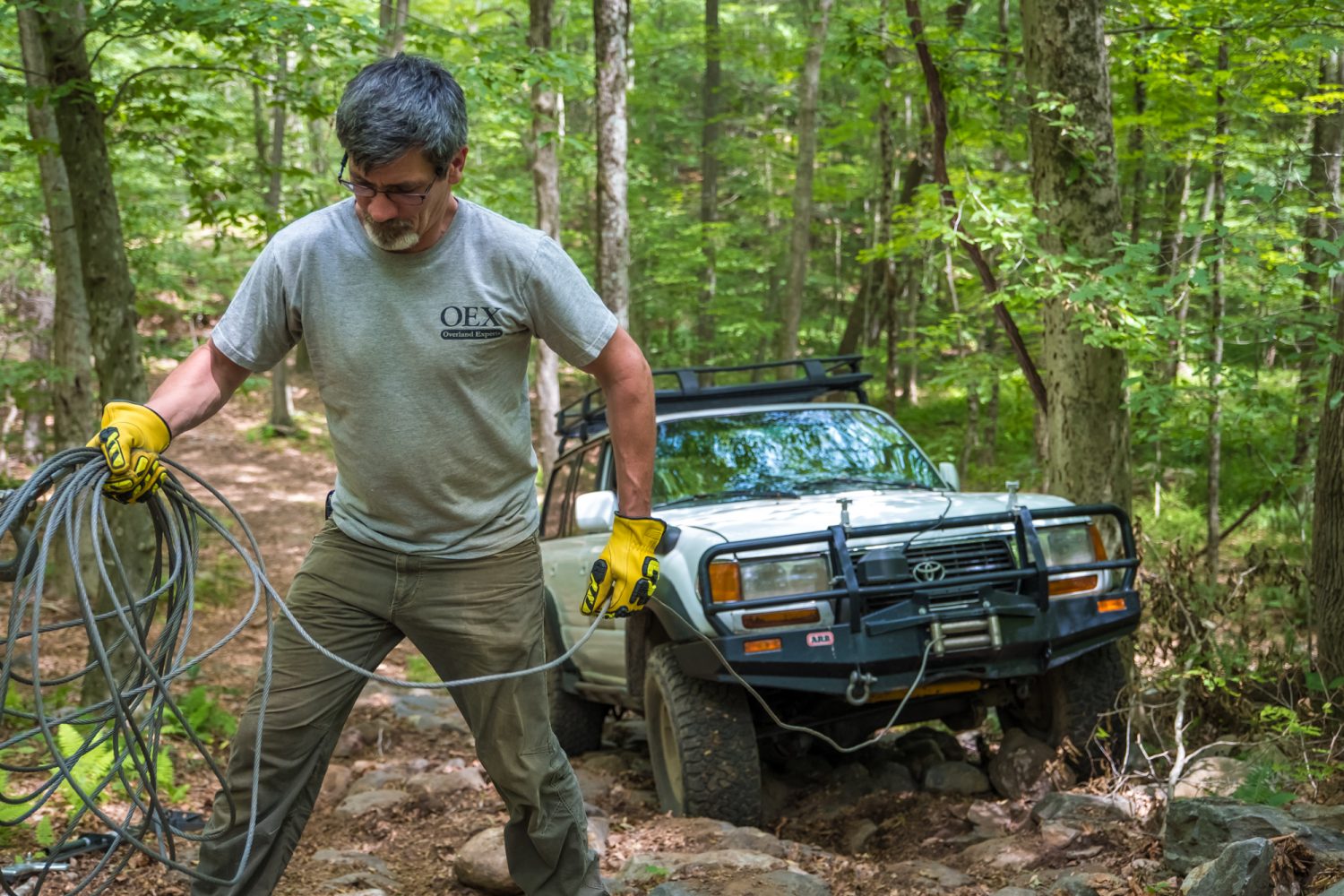
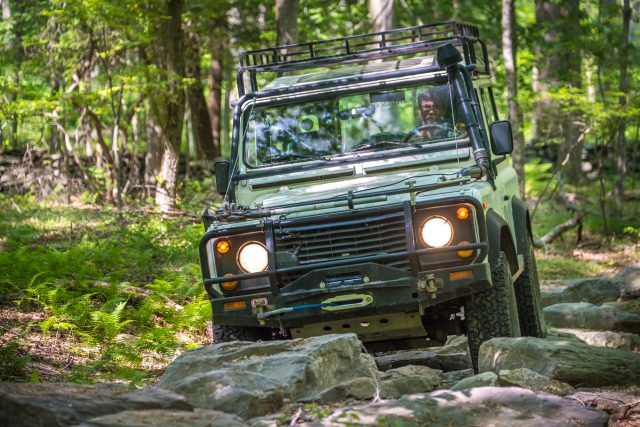
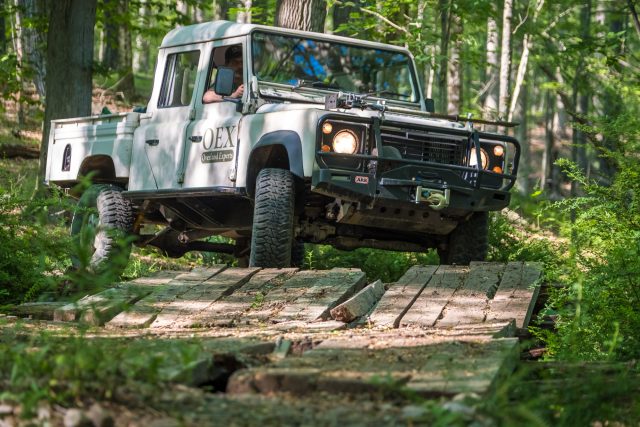
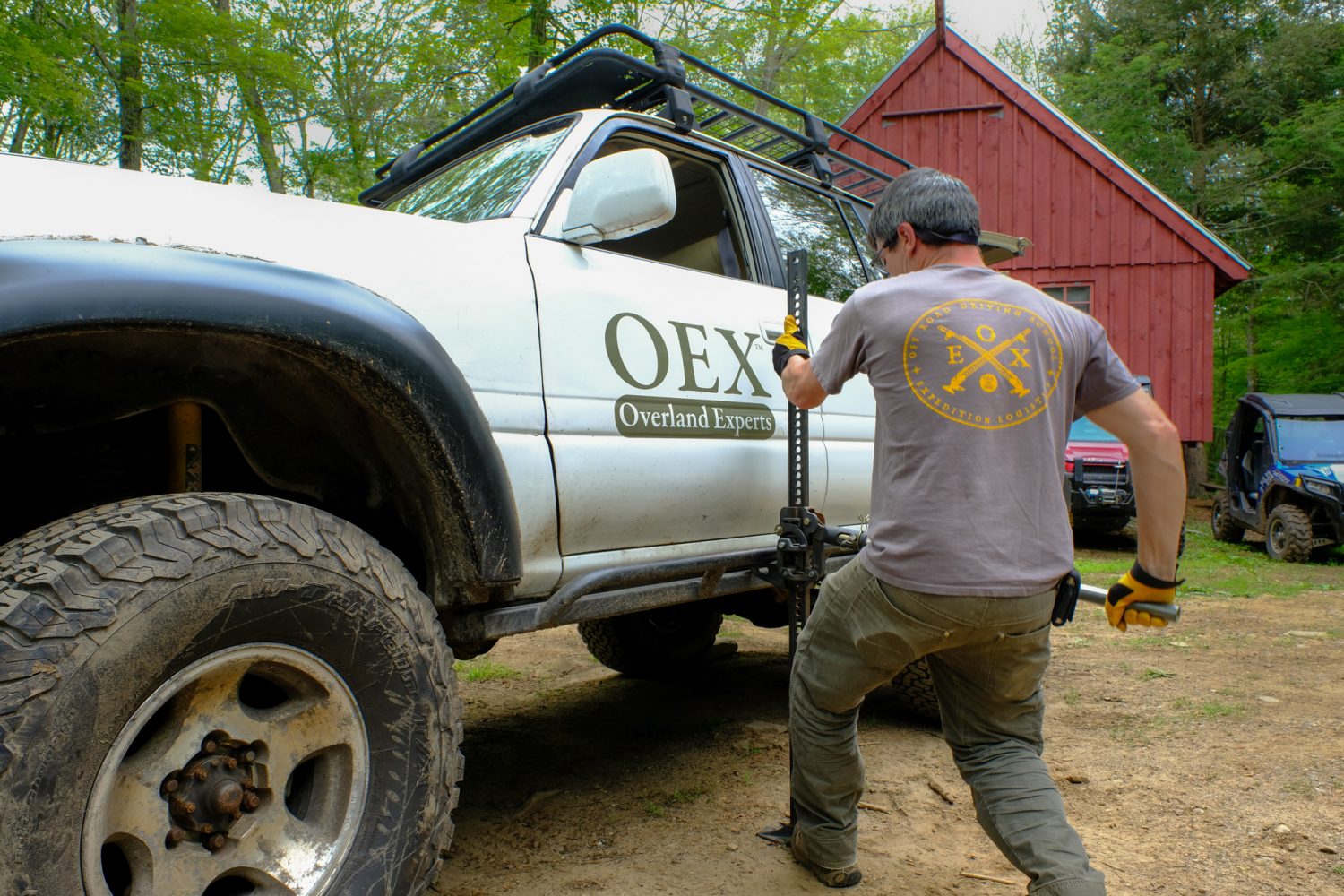
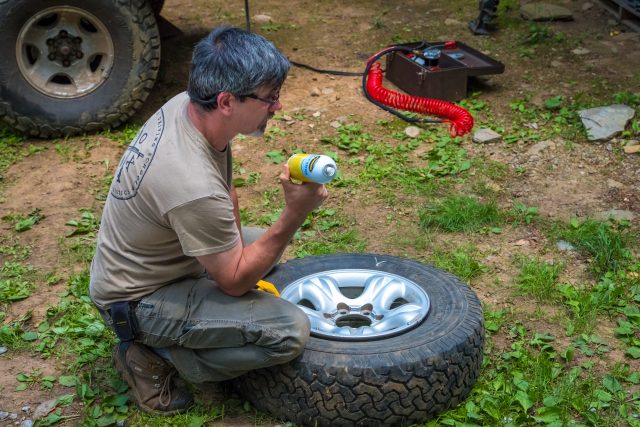
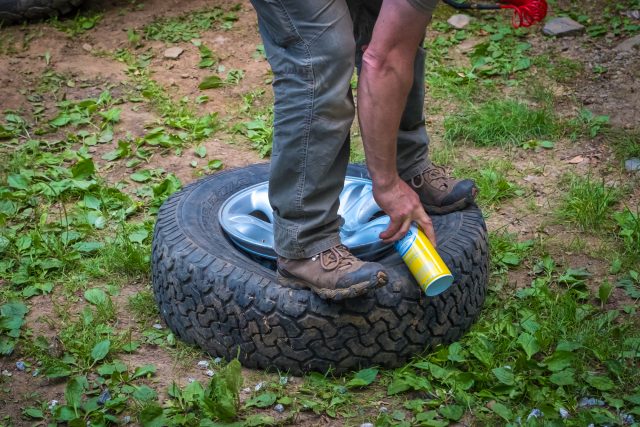
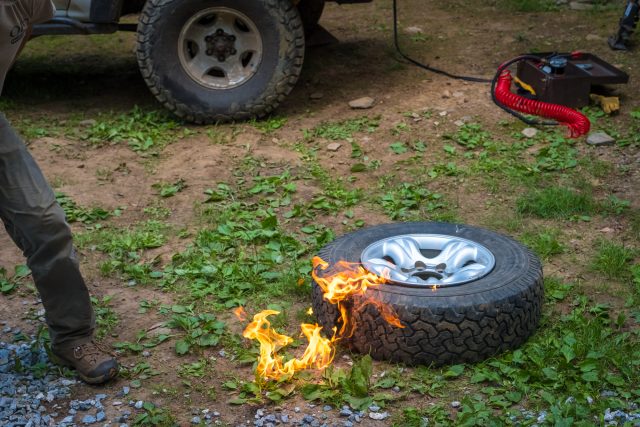
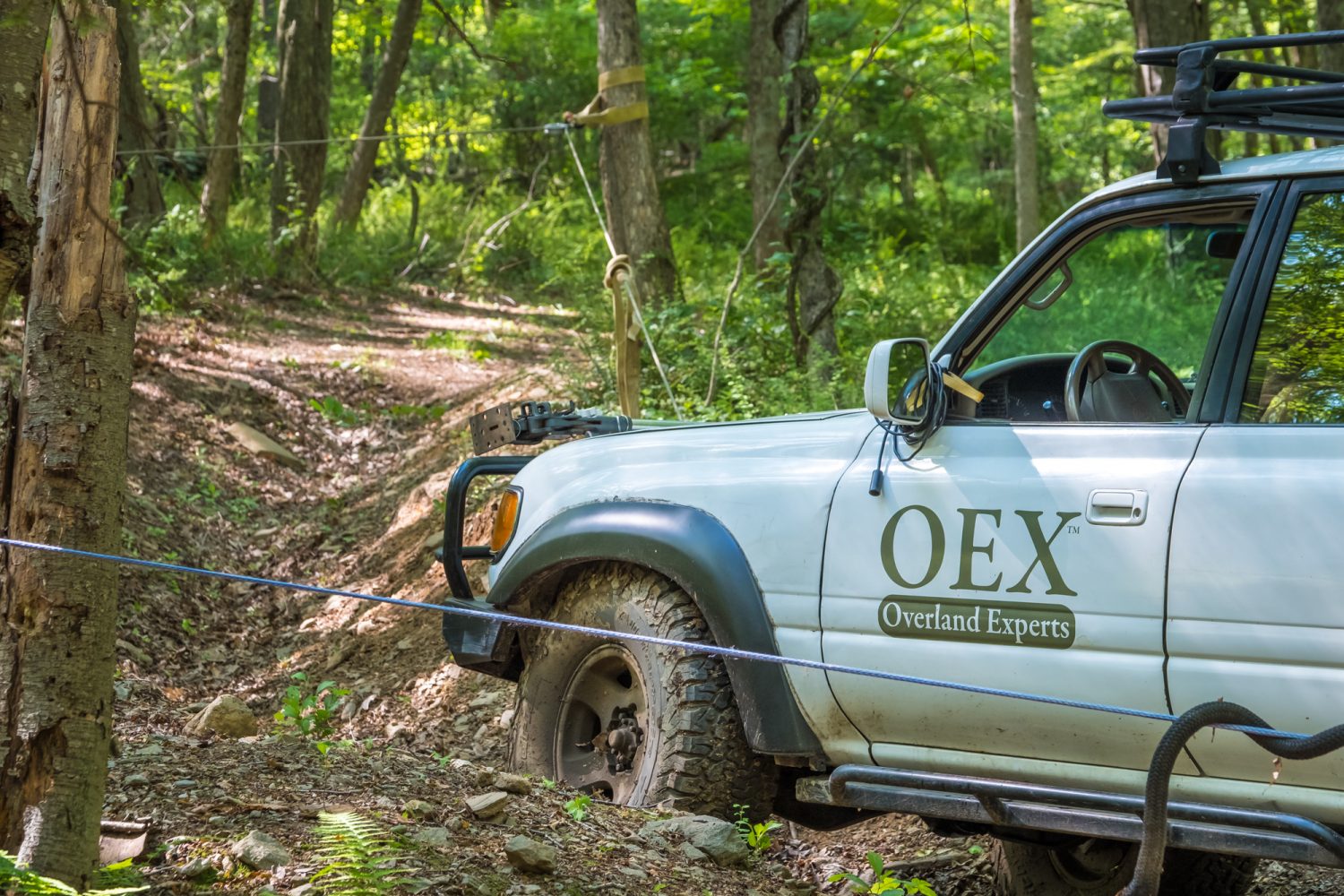
Over the next 5 days, OEX pushed me hard. During the driving portions, we conquered tight tree-lined trails, negotiated large boulder fields, and tackled obstacles that required a precise balance of momentum and throttle. In recovery training, Don showed me the strengths and weaknesses of each piece of equipment, demonstrated their proper use, and then drilled me on my biggest challenges until I could complete the tasks quickly and reliably. He even walked me through the basics of field repair, my biggest weakness off-road, and helped inspire me to address problems head-on.
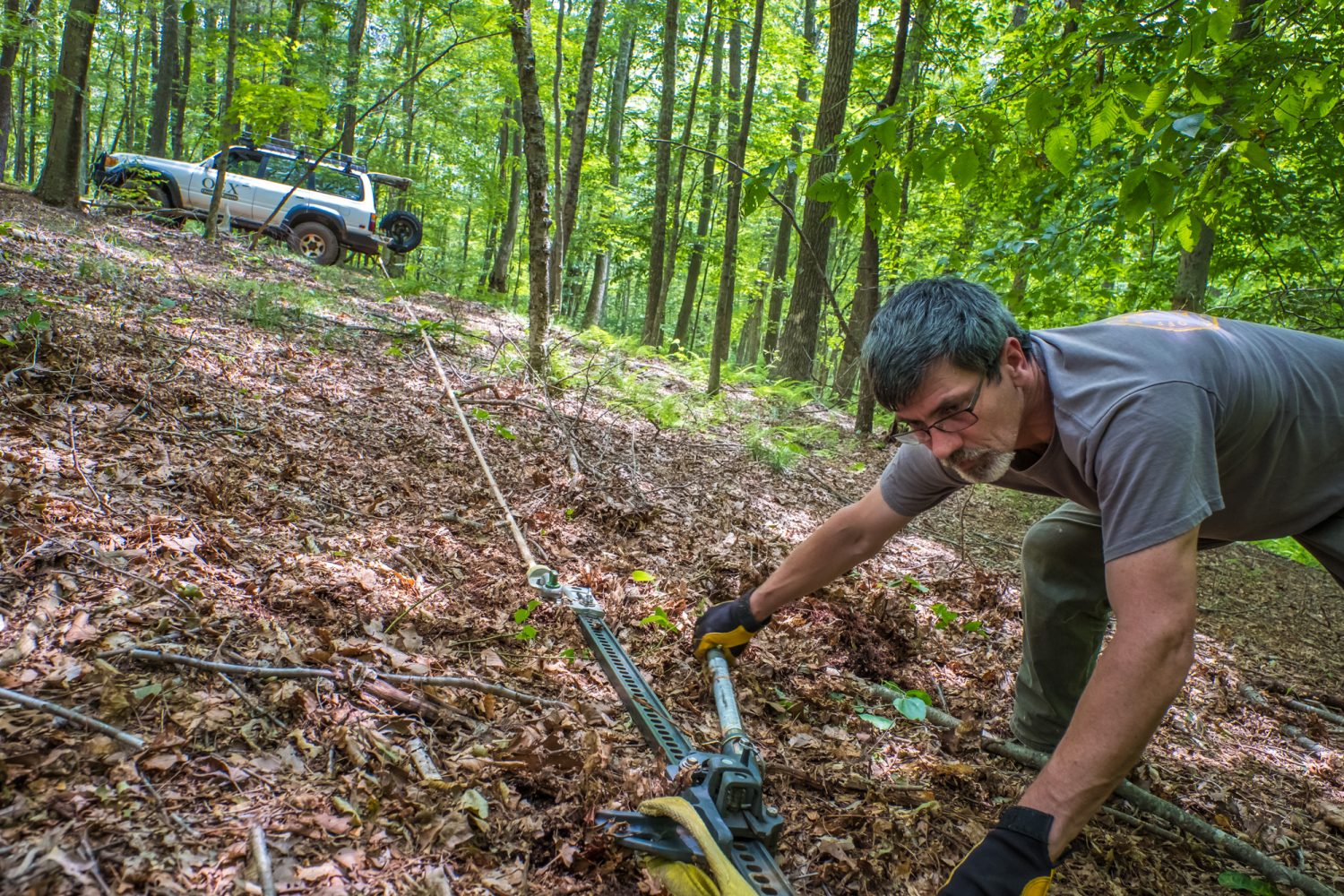
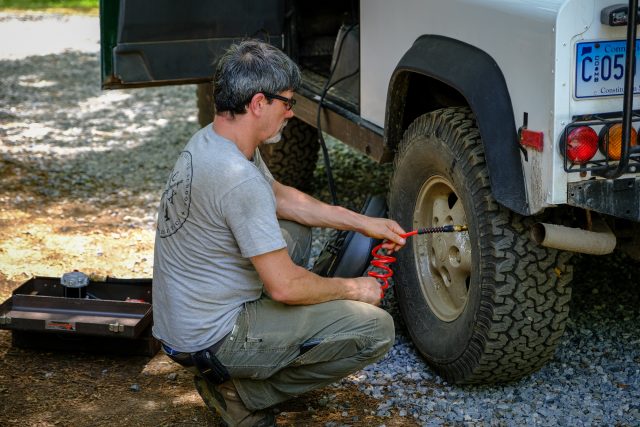
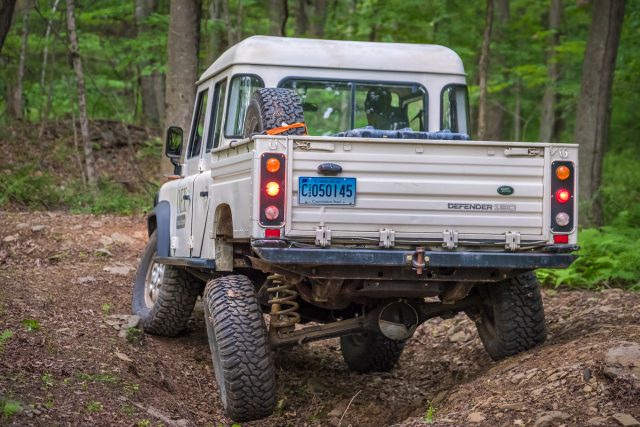
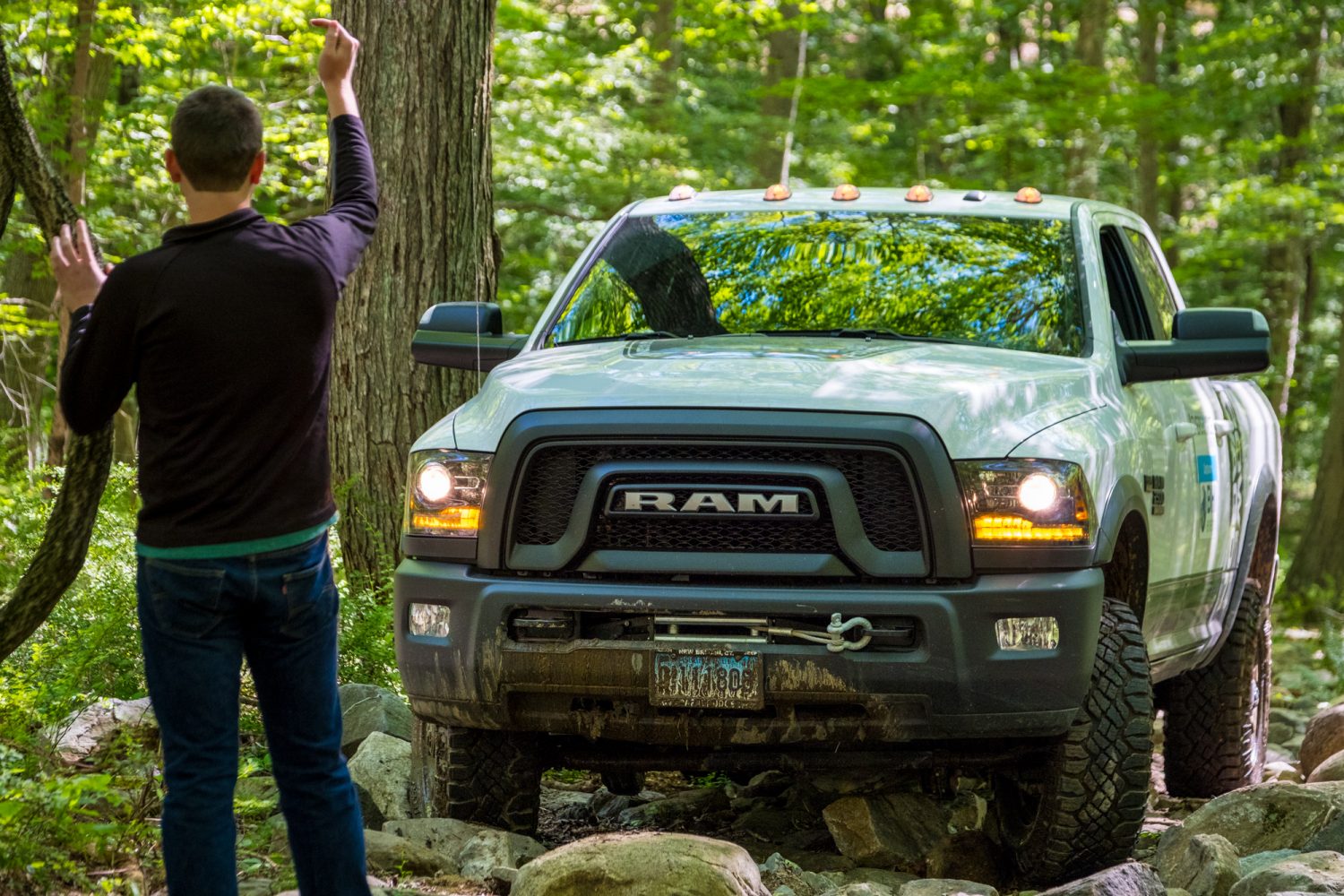
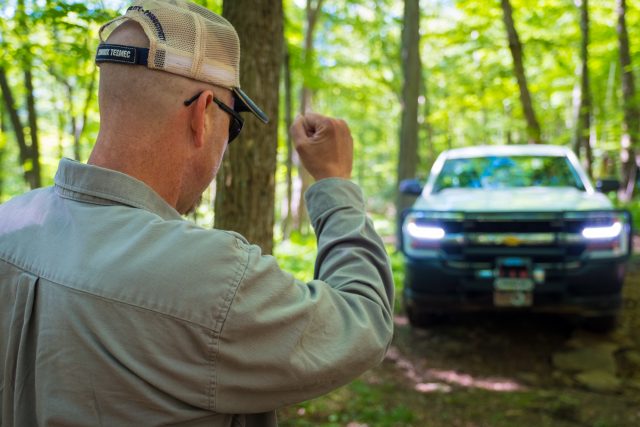
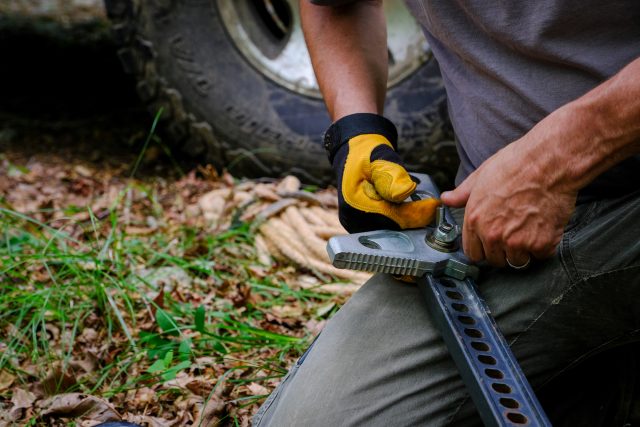
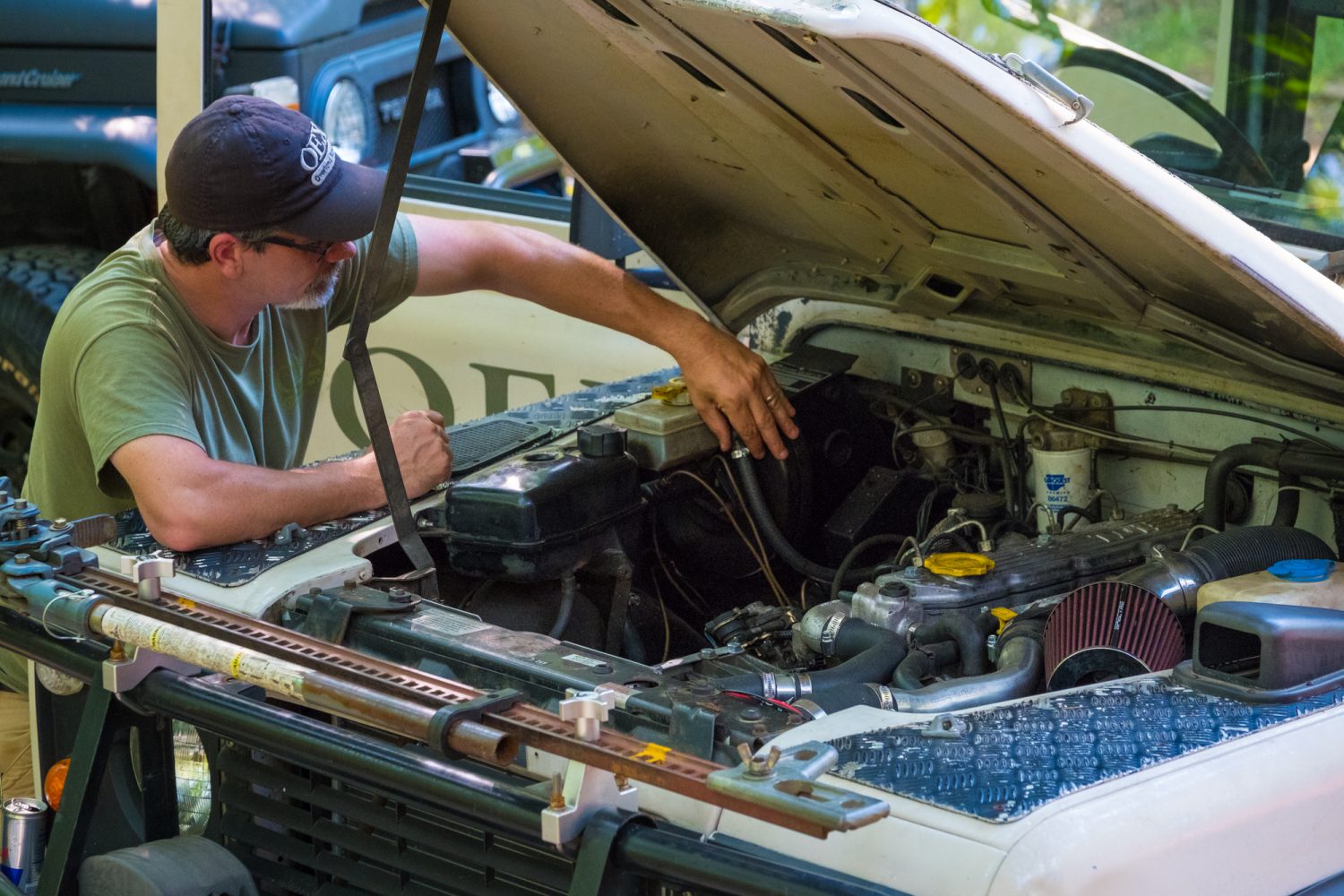
It was humbling to say the least, but the opportunity to repeatedly practice these scenarios in a safe and predictable environment was priceless. I could see the improvement in my skills with each subsequent success, and by the end of the week I was able to confidently complete obstacles that I would have deemed undrivable 5 days earlier. Regardless of the size or shape of the vehicle I was in, I felt prepared for the road ahead, and ready to meet any challenges it might throw at me.
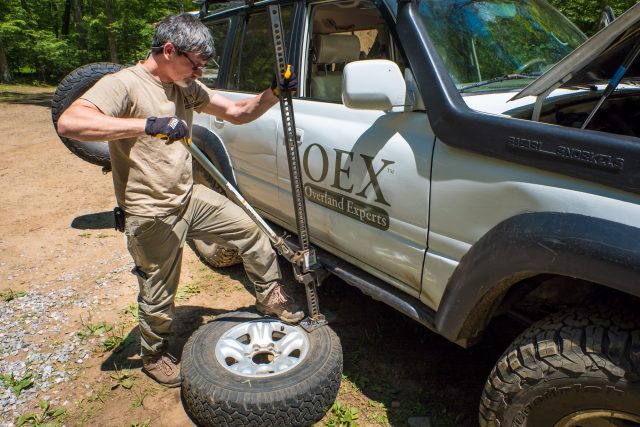
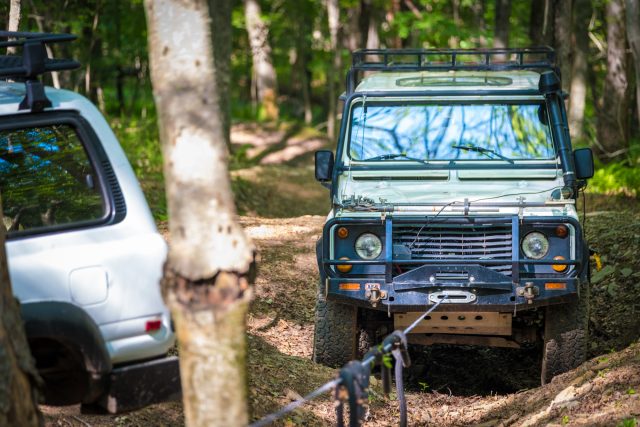
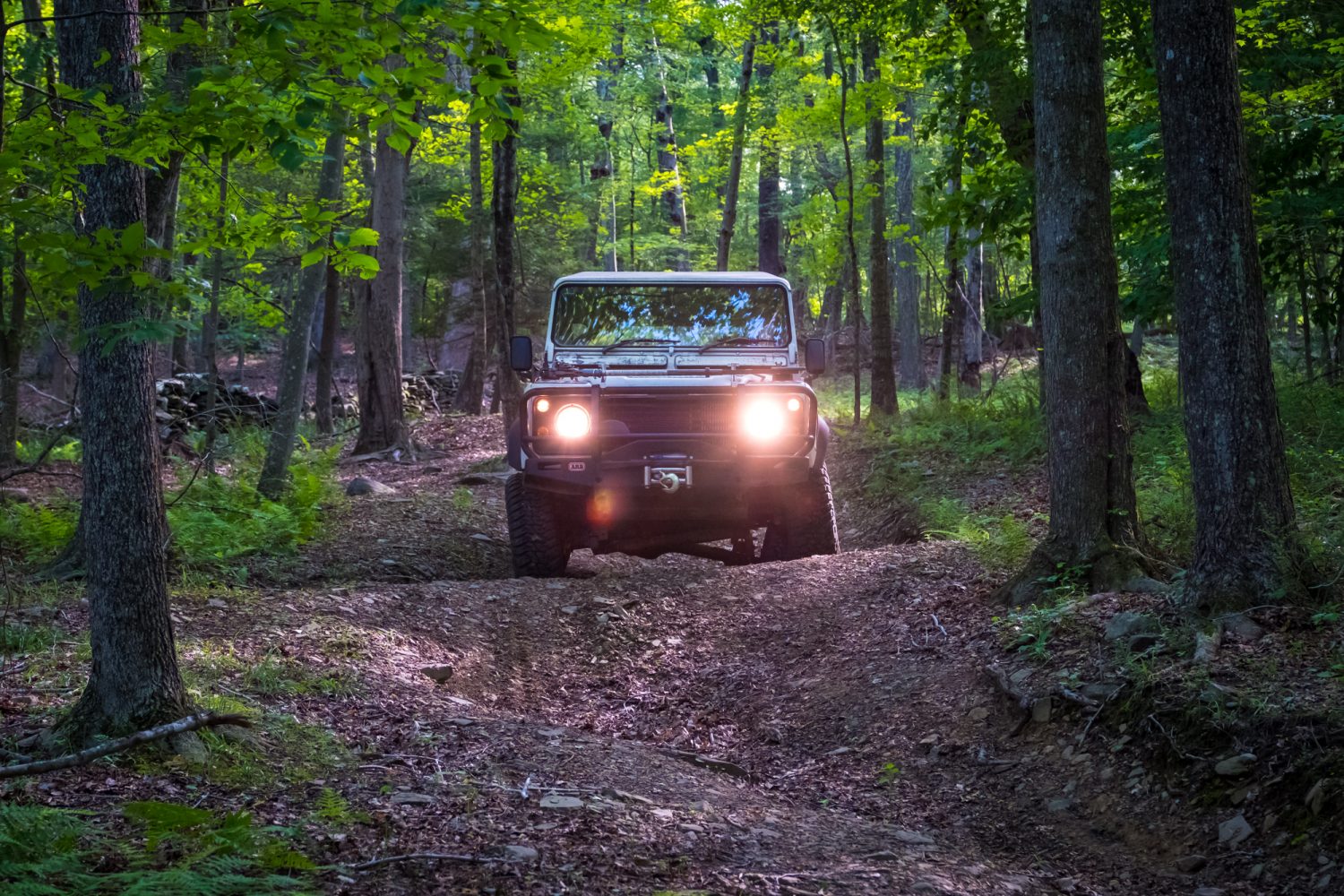
Final Thoughts
Let’s be clear, Overland Experts courses aren’t cheap. Daily costs per person can range from $255 to $750 depending on a number of factors, but you get what you pay for. Their training is an investment, an upgrade in safety and effectiveness that won’t just last for the life of a vehicle, but the life of the student. Sure, I know it’s hard to say, “I’ll get that new bumper later,” or “Those upgraded shocks can wait,” but I also know that no vehicle modification will be worth as much on the trail as proper driving technique, and I can’t think of a better way to learn them than with a course like the ones offered by OEX.
For more information on Overland Experts, their extensive training options, or their international trips, visit their website here.
